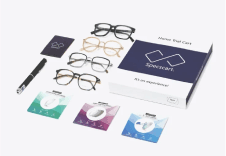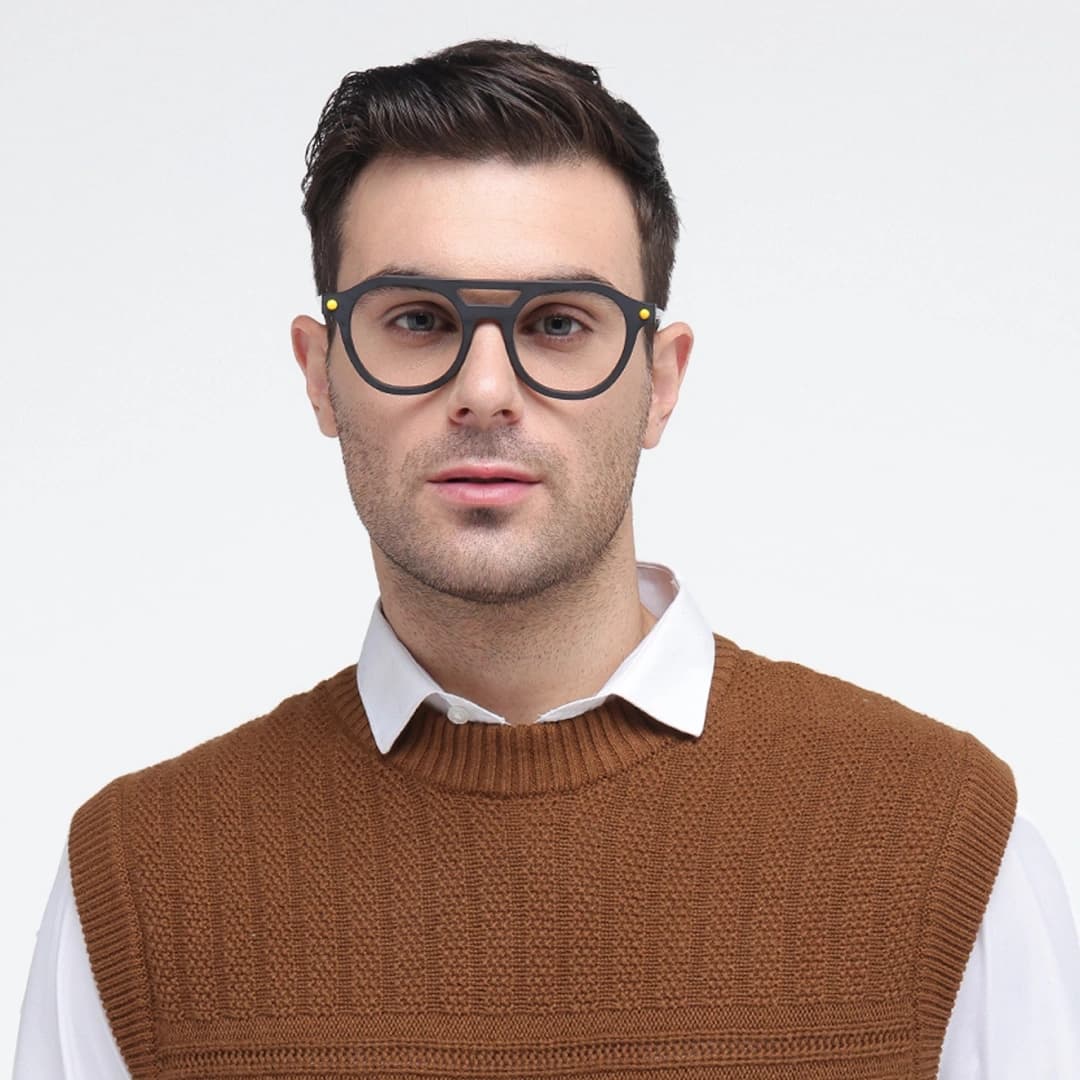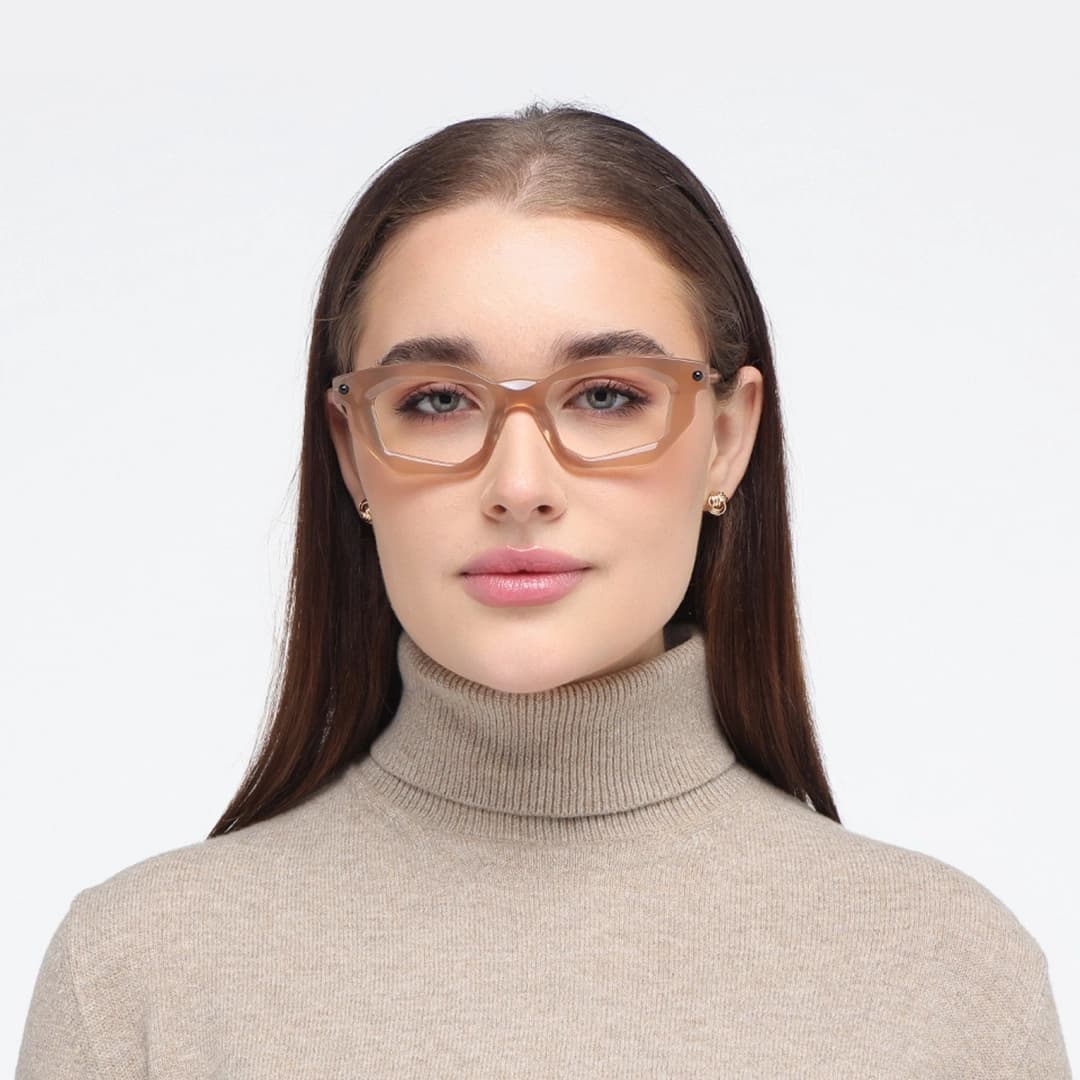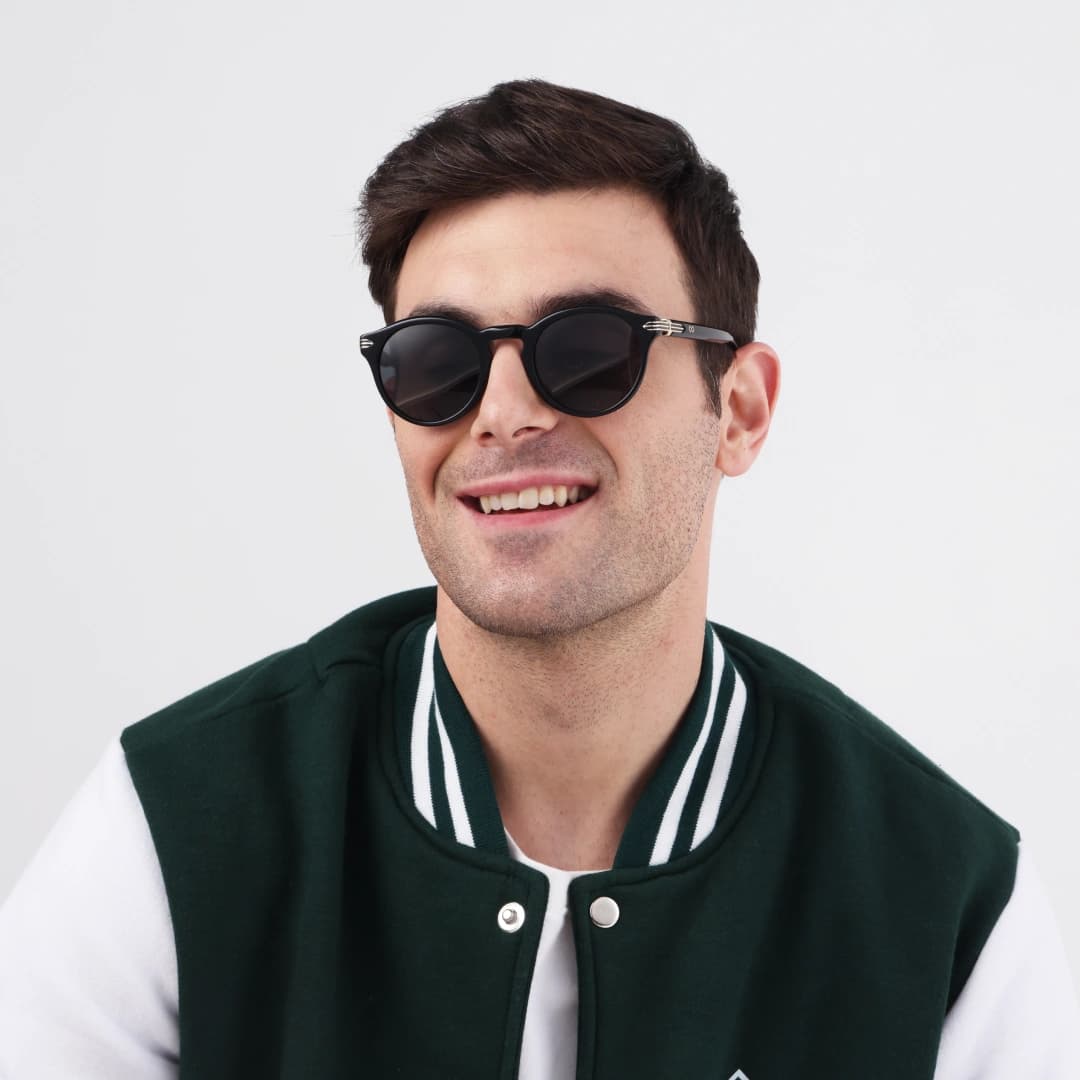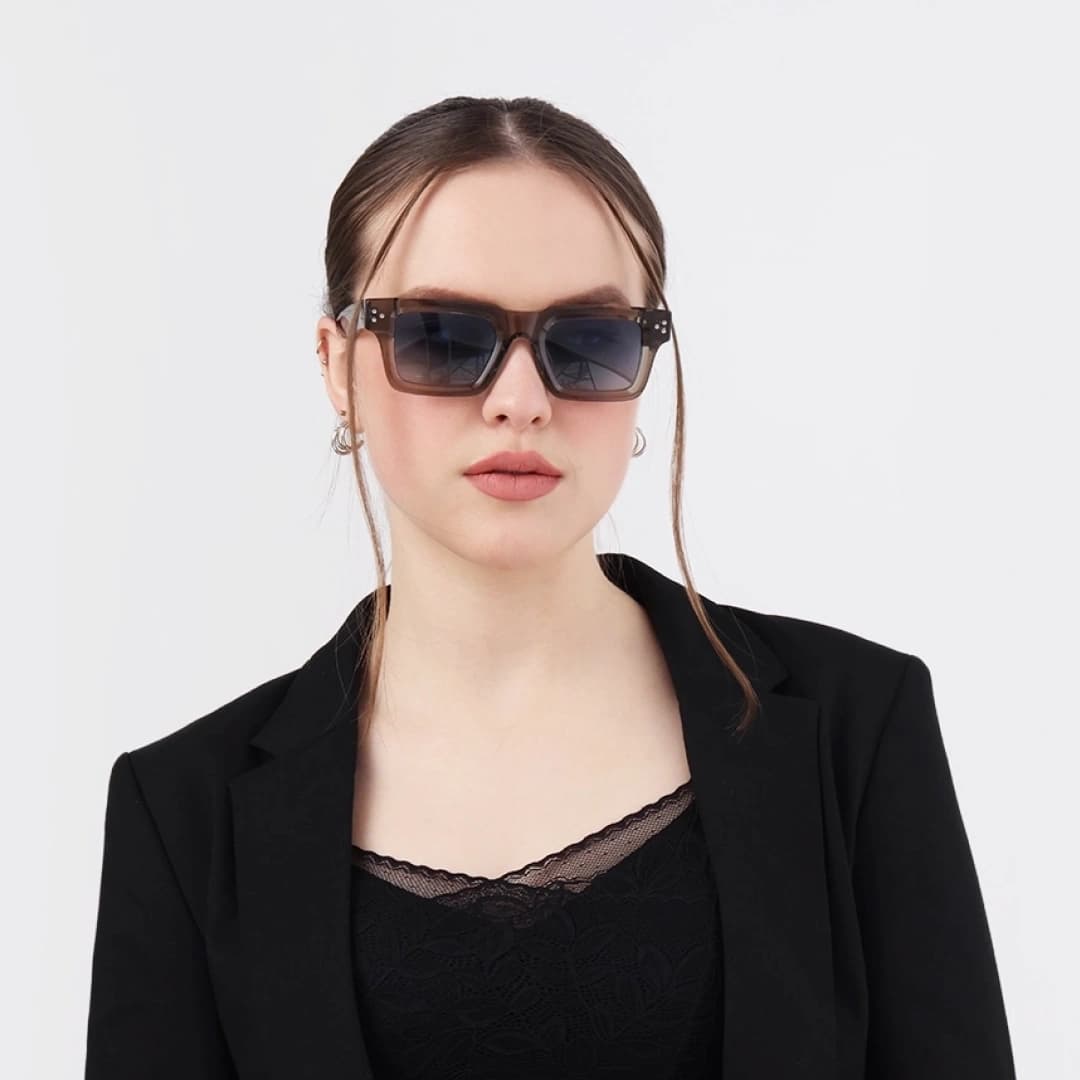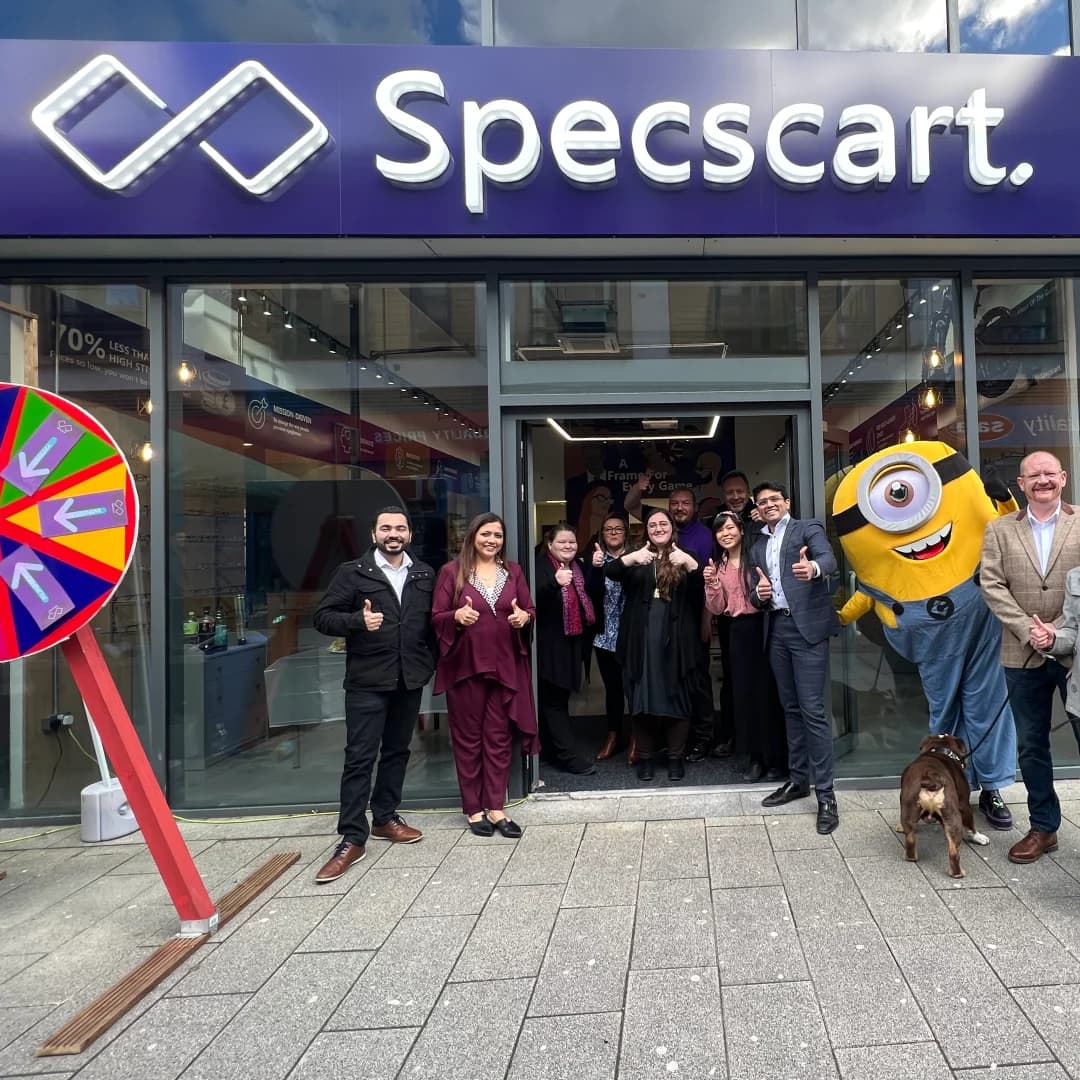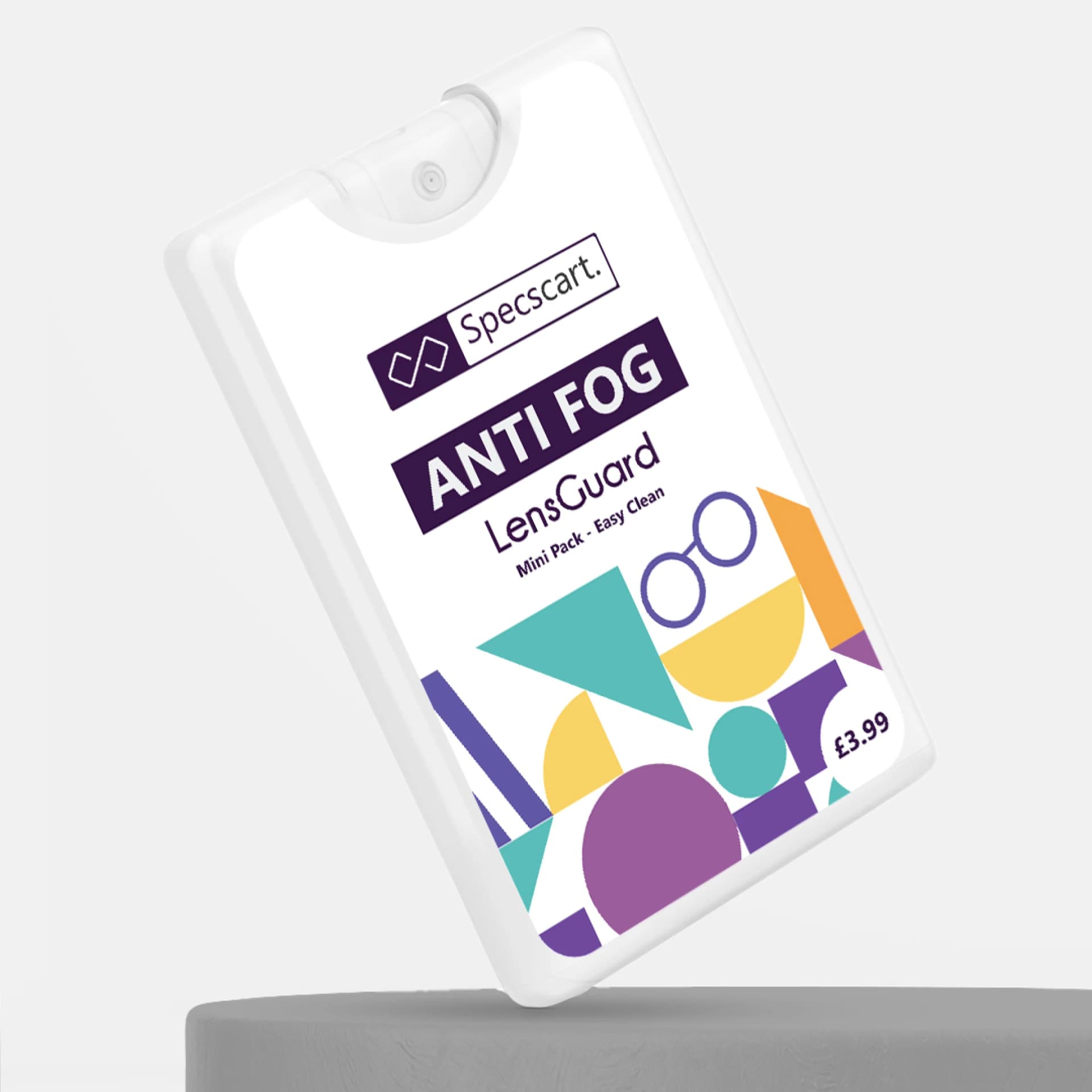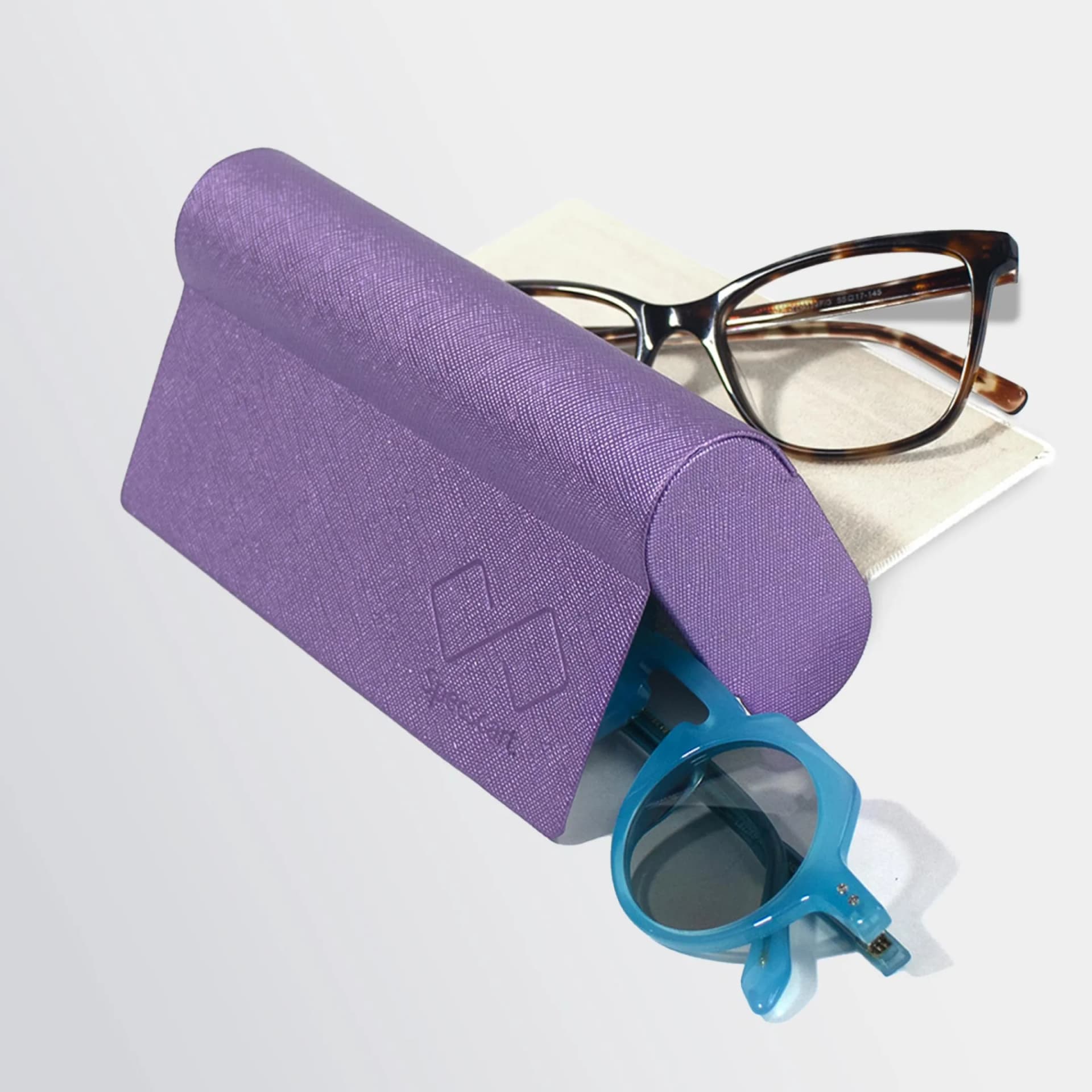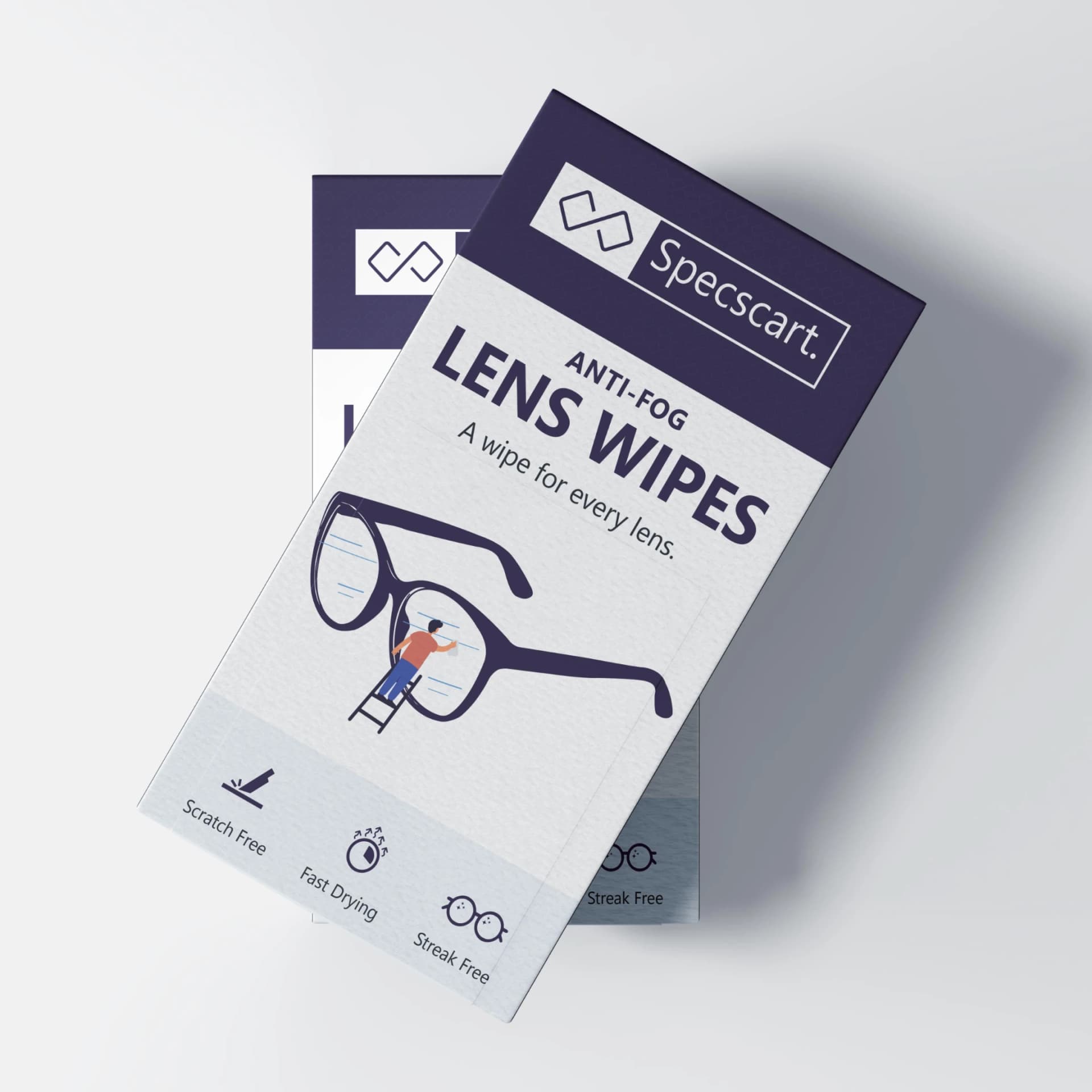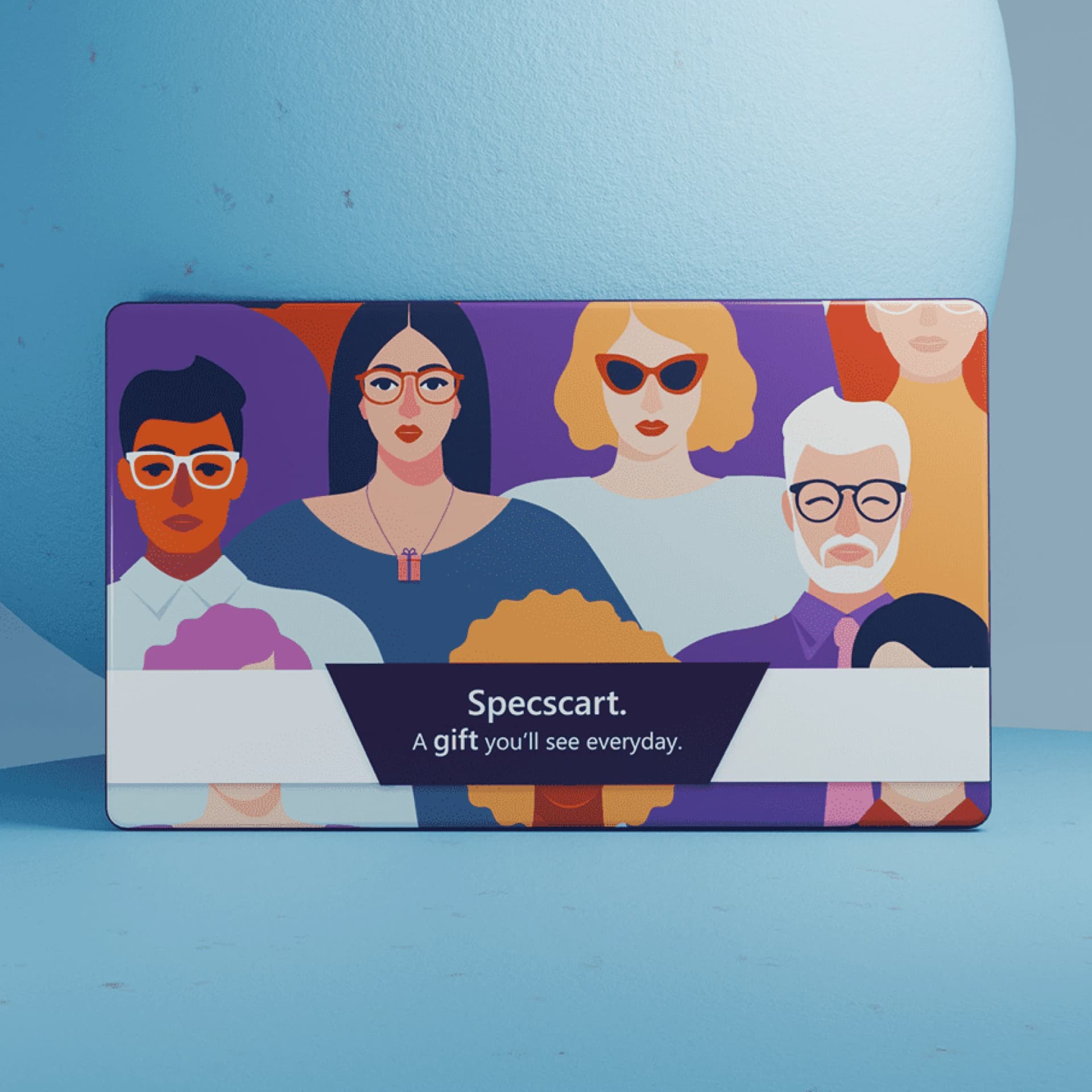Photophobia isn’t a serious disease on its own, but maybe a symptom of one. Being one of the symptoms of a lot of eye conditions, doctors usually take a lot of time to find out the root cause of the disease. Thus, you need something that can temporarily help you protect your eyes while the doctor figures out how to fix your eyes.
You ought to learn more about this eye condition, what causes it, and how to diagnose and treat it. So, stay tuned till the end to bless your eyes! Let’s start with unravelling what photophobia actually is.
What Does Photophobia Mean?
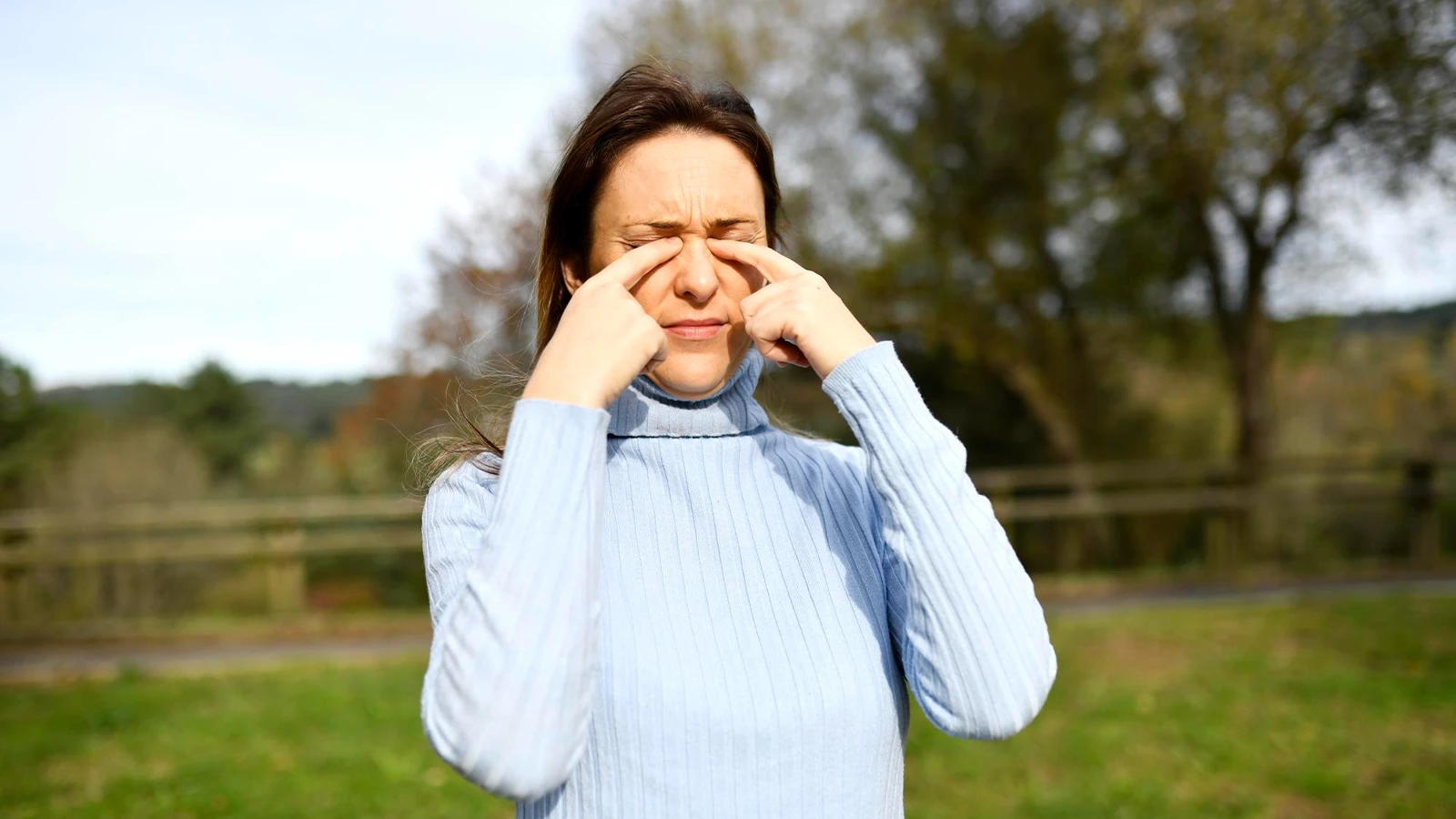
Ever felt like squinting or unable to tolerate light? If yes, you might be suffering from photophobia. The condition is one in which the person becomes very sensitive to all forms of light, be it the blue light from our devices, fluorescent lighting, or sunlight.
What Causes Photophobia?
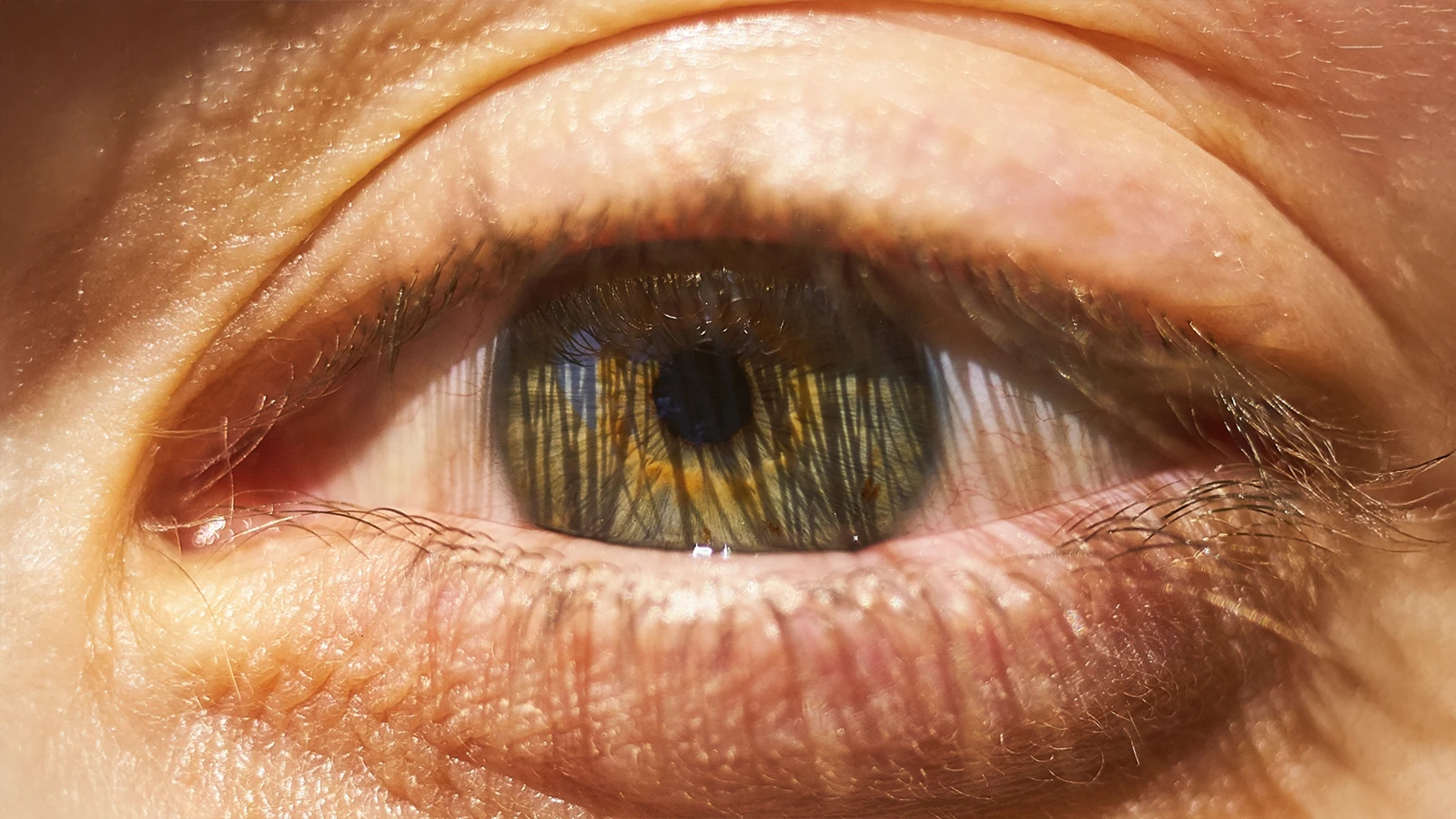
Light sensitivity, aka Photophobia, can be due to a lot of reasons. Here are the health conditions that can lead to photophobia.
Iritis: It is an inflammation of the iris, which causes light sensitivity and pain as symptoms. If not treated, the condition may lead to vision loss as well.
Uveitis: When inflammation happens in the middle layer of the eye, the condition is known as Uveitis. Light sensitivity is one of the many symptoms of this disease.
Keratitis: It is an inflammation that happens on the cornea. The inflamed cornea leads to redness and pain along with sensitivity to bright light.
Migraine headaches: These can be of varying intensities and last for hours and sometimes even days. The symptoms include photophobia and nausea alone.
Albinism: It is an inherited disorder that results in pale skin and a lack of pigmentation in the eyes. As a result, a person with this condition is more prone to skin cancer and sensitivity towards light, as the UV rays affect them more in comparison to those with proper pigmentation.
Corneal Abrasion: It is a scratch that occurs on the cornea, leading to watery eyes, redness, pain and sensitivity towards light.
Meningitis: It’s usually caused by an infection, viral, bacterial or fungal. The condition is an inflammation of the membranes of the brain and the spinal cord. Thus, it can easily affect the neurological processes and affect the eye nerve, causing light sensitivity.
Eye Surgery: If you have ever undergone eye surgery recently, there’s a high chance that sensitivity to bright light is a side effect of the procedure.
How is Photophobia Diagnosed?
The diagnosis for photophobia has to do with finding out what the real cause of your sensitivity towards light is. This is done by first identifying all kinds of symptoms that you might have encountered. Thus, the doctor will begin his diagnosis by asking you the right questions and understanding all kinds of symptoms you have.
He will also check your medical history and perform a physical examination, most probably both for the body and your eyes. He will check every part of the eye from pupils to the retina and even blood vessels, nerves and of course, vision and eye movement as well. These tests include,
Brain MRI (Magnetic Resonance Imaging)
Ocular Tonometry
OCT (Optical Coherence Tomography)
Fluorescein angiography
Blood tests
Brain magnetic resonance angiogram (MRA) or computed tomography angiogram (CTA)
Can Photophobia be Cured?

Yes, fortunately, photophobia can be treated. There’s no need to worry much, as it is not a deadly health condition. If medications are the cause of your light sensitivity, talk to your doctor and get those medications replaced with harmless alternatives. If that is not the right solution in your case, your doctor will help you find another solution.
But until you get the root cause diagnosed and treated, it’s not easy to handle light sensitivity day after day. That’s the reason why you need some tools in the form of glasses that can protect your eyes from further damage and discomfort.
3 Useful Glasses
Blue light glasses: Many people are especially sensitive to blue light. That’s because it is that part of the visible light spectrum which has high energy and short wavelength. The high energy can damage even the healthiest of eyes by attacking the retina. Thus, not only do you need anti-blue light glasses to avoid your discomfort of light sensitivity, but also to protect yourself from other deadly diseases.
Photochromic glasses (Transitions® lenses): Transitions® lenses adjust the tint of the lens depending on the lighting condition. So, if you go outside in the sun, these lenses will turn dark, and when you come back indoors, they will turn clear. The intensity of the darkness in the lenses depends on the intensity of the UV light.
Polarised Sunglasses: Polarised sunglasses significantly reduce brightness even in harsh lighting conditions. They can be a great choice for someone who is suffering from photophobia in outdoor conditions. They also reduce glare around reflective surfaces like snow, water, roads, or deserts.
Wrapping It Up
You can get any of the eyewear mentioned above from us at 70% lower prices than the high street. Explore our collection of 1000+ premium and fashion-forward eyewear styles and get the one that matches your vision and lifestyle needs. Our clear and transparent pricing, combined with revolutionary services like free 24-hour dispatch on prescription glasses, ensures you enjoy a seamless, speedy, and stylish eyewear experience without breaking the bank.
Caution: You may become style obsessed
Your way finder
2000+ Trendy Styles

Fashion Forward Sunnies





















